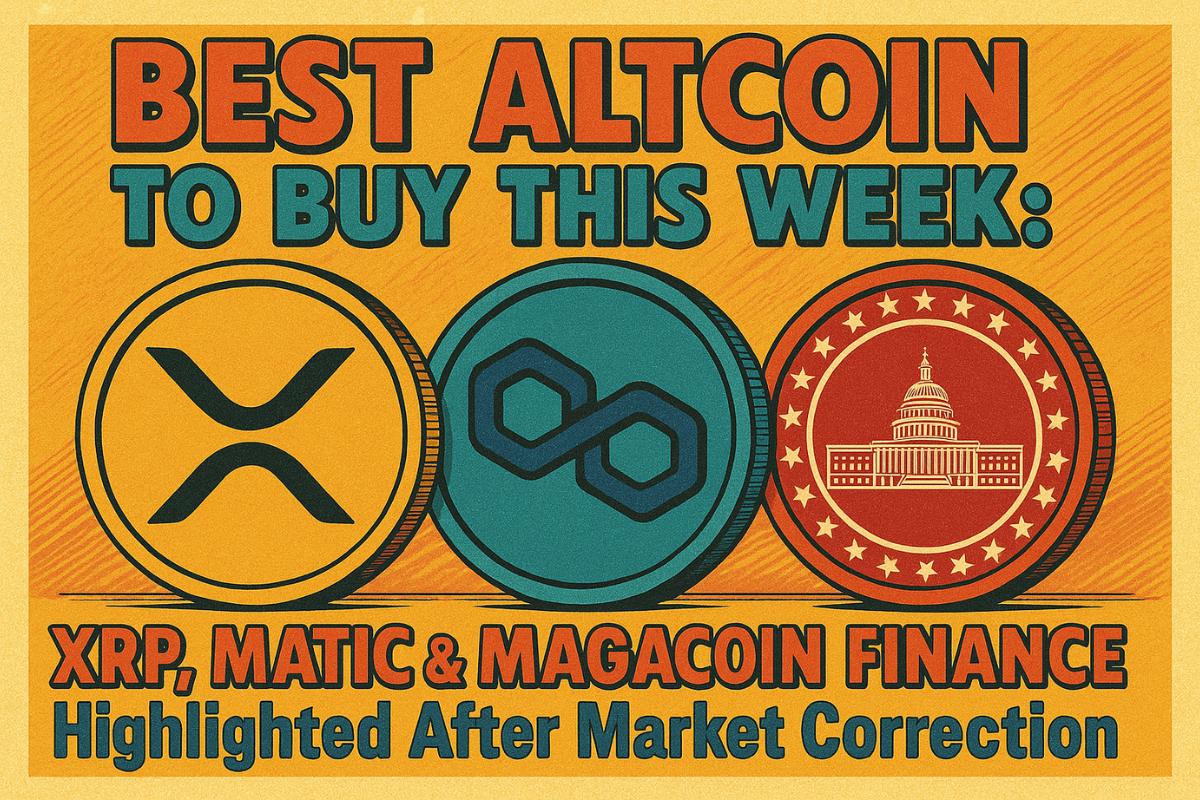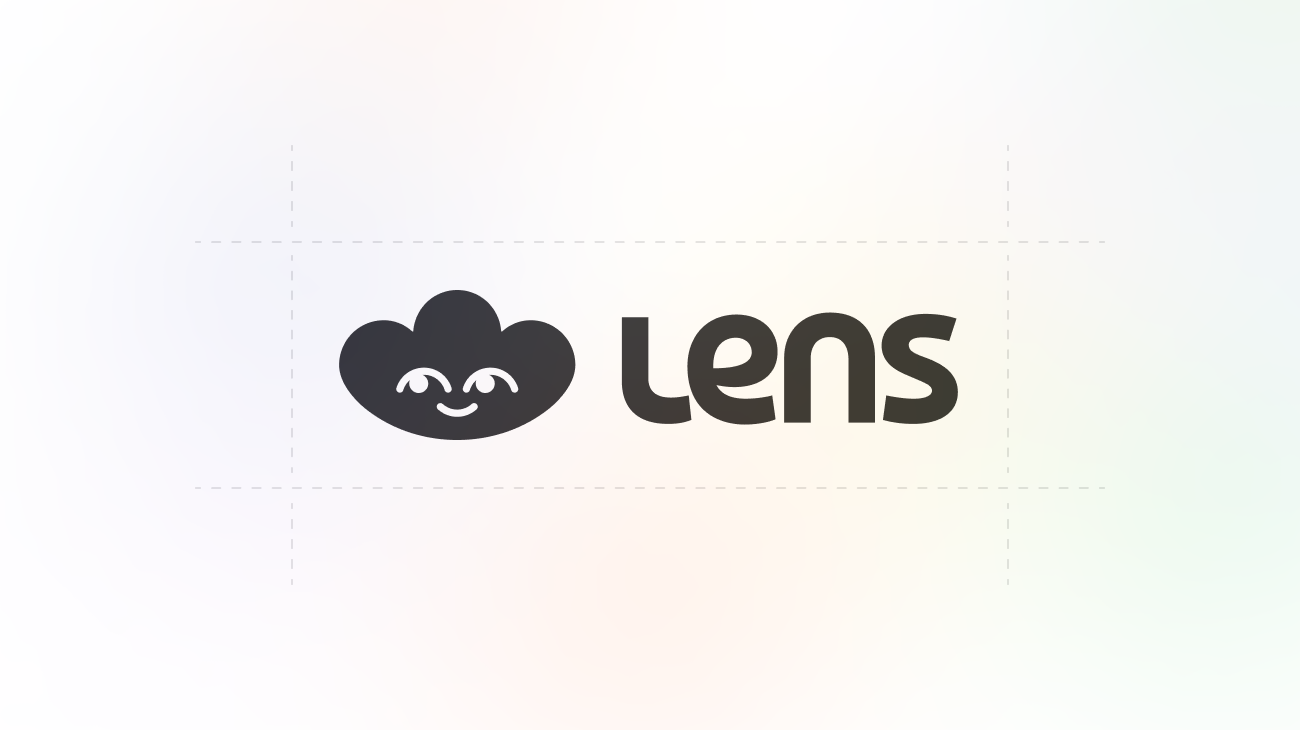The wave of crypto companies going public is gradually rising: How to reasonably value them to attract the attention of Wall Street?
By Paul Veradittakit, Partner at Pantera Capital
Compiled by AididiaoJP, Foresight News
Key Points
Crypto IPOs unlock huge value despite market pricing challenges.
The Token Transparency Framework aims to improve market clarity and attract more institutional capital into the token market.
Tokenization of stocks is reshaping financial markets, improving efficiency and expanding access to capital globally.
Mispriced Crypto IPOs
Coinbase's performance since its IPO is a classic case study that reveals the dilemma of public markets pricing cutting-edge innovations in financial infrastructure. We have witnessed COIN's rise from a 52% surge in opening price to a frenzy high of $100 billion in valuation, to a deep correction as market sentiment and crypto cycles fluctuate. Every market turn seems to reprice Coinbase with a new valuation framework, confusing long-term value investors and builders.
Circle IPO is another recent example: despite strong market demand for stablecoin exposure, Circle lost $1.7 billion on its first day of trading, making it one of the most underpriced IPOs in recent decades. This is not only a special case in the crypto industry, but also a structural pricing problem faced by the new generation of financial companies when they enter the public market.
The crypto industry needs a more adaptive price discovery mechanism, one that can bridge the gap between institutional demand and the true value of a platform as market cycles shift.
New Valuation Framework
The crypto market still lacks a standardized disclosure system similar to S-1 filings. Mispricing of crypto IPOs proves that when underwriters cannot map token economics to a GAAP checklist, they either overvalue due to hype or undervalue due to fear. To fill this gap, Pantera Capital’s Cosmo Jiang has partnered with Blockworks to launch the Token Transparency Report - a 40-point indicator that transforms protocol opacity into IPO-level clarity. The framework requires founders to:
· Calculate income based on actual entities
· Publish the internal wallet ownership with annotations
· Submit token holder reports on a quarterly basis (covering treasury, cash flow and KPIs)
Disclose details of market makers or CEX partnerships to allow investors to assess liquidity risks before listing
Why can this system improve valuation?
Lower discount rates: Clear circulation and unlocked data allow the market to get closer to intrinsic value pricing
Expanding the buyer base: Institutional investors who were previously blocked by “black box” protocols can participate in certified projects
Regulatory response : The crypto issuance guidelines issued by the SEC in April 2025 are highly consistent with this framework. Most of the paperwork has been completed when the project submits the application, which speeds up the approval process and narrows the gap between public and private valuations.
Ethereum's latest upgrade perfectly illustrates the difference between blockchain and traditional enterprises: each new block will destroy part of ETH (similar to automatic stock buybacks), while providing 3-5% returns to pledgers (similar to stable dividends). The correct approach is to regard "issuance minus destruction" as free cash flow, and the discounted valuation is consistent with the on-chain ecosystem valuation, rather than just reflecting the balance sheet. But scarcity is only the first step, and on-chain activities are the complete story: real-time data such as stablecoin cross-wallet flow, bridging activities, and DeFi collateral flows are the fundamental support for token prices.
A comprehensive valuation method should be based on the traditional cash flow of the enterprise, with on-chain income (staking income minus handling fee destruction) as the core element verification. Continuously paying attention to the staking yield, real-time flow indicators and scenario analysis can keep the valuation method up to date, and only in this way can traditional funds be attracted to enter the market.
Stock tokenization optimizes trading experience
Pantera Capital supports the RWA (real world asset) tokenization space by investing in Ondo Finance. We recently launched a $250 million fund with Ondo to promote the development of RWA. The space is maturing faster with Robinhood’s announcement of tokenized stocks. Last week, Robinhood launched tokenized stocks on its platform, highlighting the core contradictions of this new financial technology: permissionless finance vs permissioned finance, and the future role of DeFi.

Unlicensed tokenized stocks allow anyone to trade at any time on the public chain, opening up the U.S. capital market to global investors, but it may also become a hotbed for insider trading and manipulation. The KYC-based licensing model maintains market fairness, but it limits the core advantage of global access to tokenized stocks.
We believe that tokenized stocks will reshape DeFi. DeFi’s mission is to build open, programmable financial primitives, but it has previously served crypto-native tokens. The introduction of tokenized stocks unlocks new use cases. The structure of tokenized stocks will determine the ownership of the next wave of users and liquidity:
In the permission model, traditional institutions with user relationships such as Robinhood dominate the front end, and DeFi protocols can only compete for liquidity on the back end
In a permissionless model, DeFi protocols can control both users and liquidity, creating a truly open global market
Hyperliquid’s HIP-3 upgrade perfectly illustrates this vision: by staking protocol tokens to configure oracles, leverage, and funding parameters, anyone can create a perpetual contract market for tokenized stocks. Robinhood and Coinbase have launched perpetual contracts for stocks in the EU, but their models are still more closed and less composable than DeFi. If it remains on an open track, DeFi will become the default place for programmable borderless financial engineering.
Bitcoin surpasses Google in market value
In 2025, Bitcoin became the fifth largest asset in the world with a market value of $2.128 trillion, surpassing Google. Driven by institutional adoption, approval of spot Bitcoin ETFs, and clear regulation, Bitcoin broke through $106,000. This milestone event proves that programmable money has found a clear product-market fit.
Looking ahead
As Dan Morehead said, cryptocurrency investments offer returns that are unmatched by traditional markets. This is why the financial and structural integration of traditional public markets and the crypto space is accelerating:
Digital asset treasuries and crypto IPOs provide crypto financial exposure to the public market
Stablecoins and tokenization use crypto technology to optimize traditional market structures
In a decade, crypto will no longer be a niche discussed by tech enthusiasts, but will become a core technology that underpins everyday life.
You May Also Like

Best Altcoin to Buy This Week: XRP, MATIC & MAGACOIN FINANCE Highlighted After Market Correction

Crucial Crypto Consumer Protections: Illinois Enacts Groundbreaking Laws
